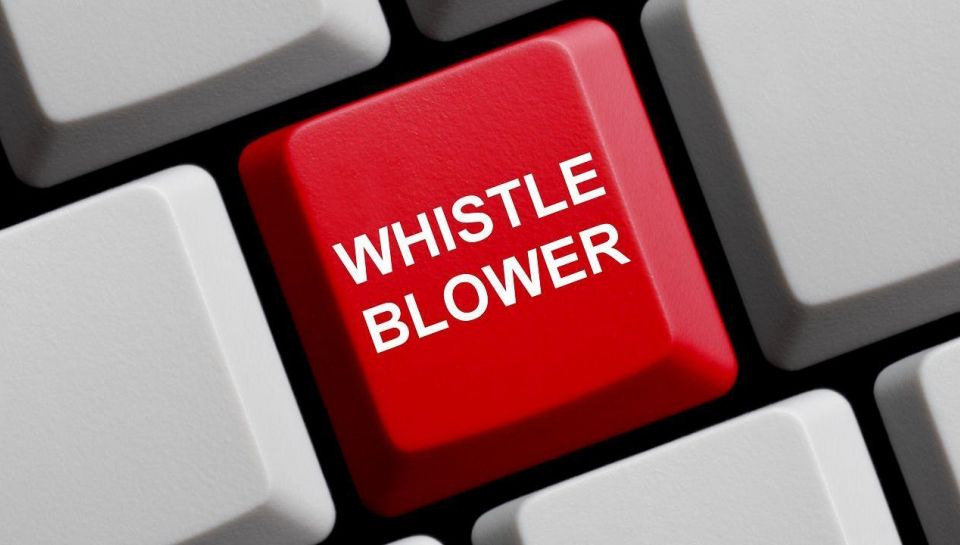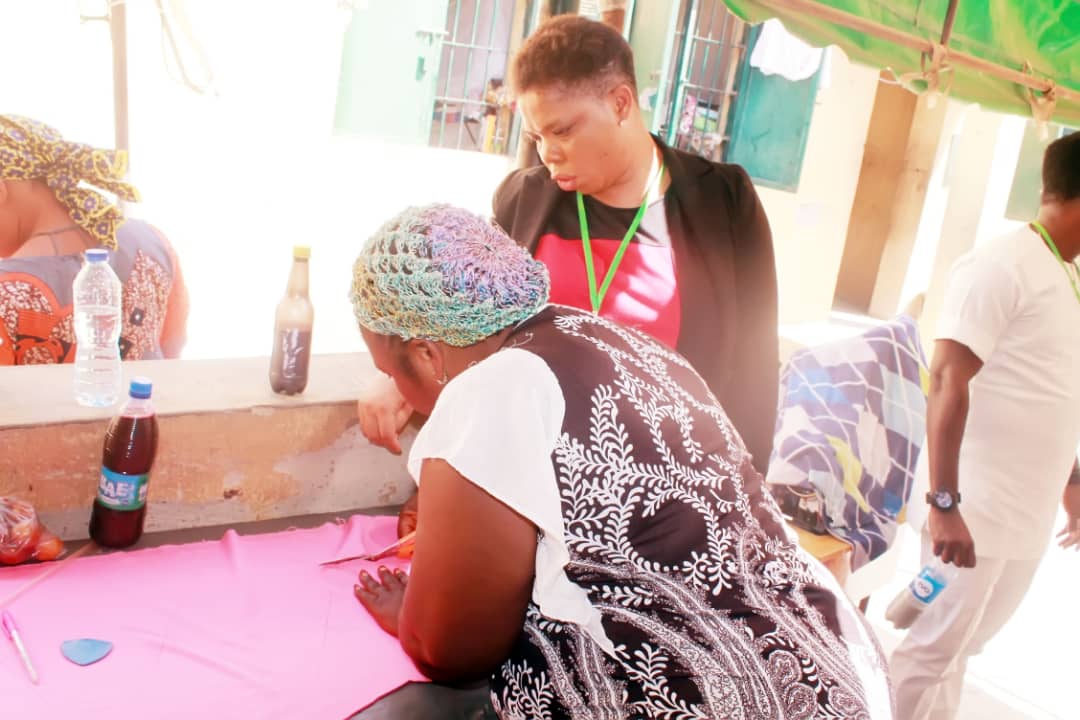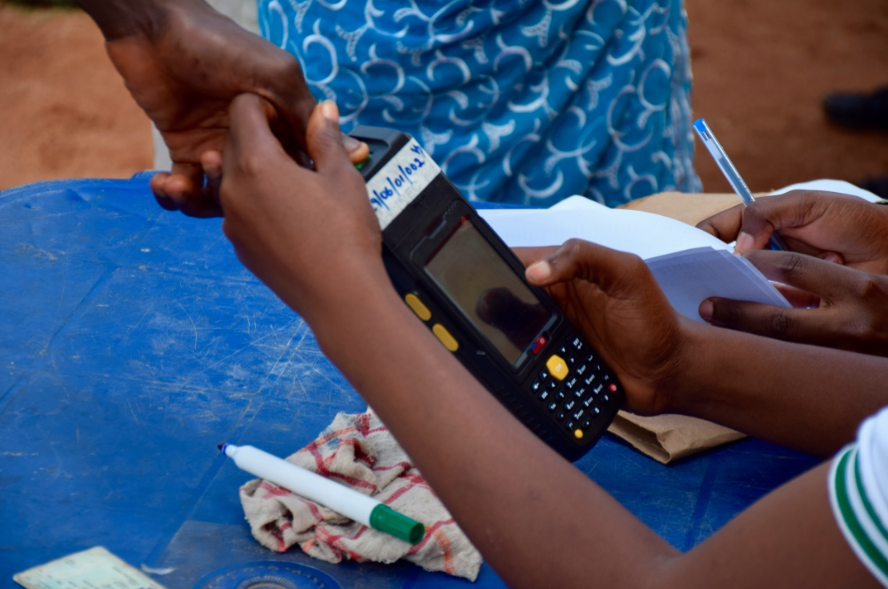BY VICTOR TERHEMBA
There is a popular aphorism among Nigerians that the problem with Nigeria is not the lack of policies or laws but in the implementation. The implementation determines the functionality and success of whatever policies are introduced by the government. However, in some cases, it is both the lack of laws/policies and their implementation
My focus will be on the whistleblower policy which was introduced in December 2016 by the federal government of Nigeria. Whistleblowers are minders of good governance and the eradication of corruption. These are people who risk their professions and even their lives in the interests of the public good. Most countries, particularly developed societies, have formal legal mechanisms that seek to guarantee the protection of whistleblowers and to encourage active participation by citizens in the government’s anti-corruption efforts through the disclosure of corruption in both the public and private sectors.
However, since independence in 1960, Nigeria has been fighting corruption without a comprehensive and dedicated statute that protects whistleblowers, which sets the country’s anti-corruption drive at odds with international best practices. This is why, since the introduction of the whistleblower policy by the federal government, many of us have seen it as a good opportunity to finally have a comprehensive legal framework that protects whistleblowers and encourage more exposition of corruption. Hence, the agitations for the passage of the whistleblower protection bill.
Advertisement
The whistleblower policy was a revolutionary concept that, for the first time, invited all Nigerians to participate in the anti-corruption fight. It was historically significant and well-received. The policy, in summary, was to provide discreet channels where Nigerians could report any form of corruption or stolen funds that they were aware of. The policy promised between 2.5% to 5% to anyone who provided useful information on stolen funds or corrupt practices in the public service.
Immediately the policy was announced, someone blew the whistle that helped the Economic and Financial Crimes Commission (EFCC) recover over $43 million and other currencies from a penthouse on a mansion in Ikoyi, Lagos. Not long after, another eager whistleblower revealed that the former group managing director (GMD) of Nigerian National Petroleum Corporation (NNPC), Andrew Yakubu, might be hiding some fortune in an unsuspicious mud house in Kaduna. The authorities discovered about $9.8 million concealed in fire-proof metallic safes in the said location. Yakubu, of course, denied owning the money. This case is still in court since 2017 and the court has reserved judgment for march 31.
In just two months of the whistleblower policy being in place, the government was able to recover over $178 million from looters as a direct impact of the policy. This was according to the federal ministry of finance. By August 2017, a total of 5,000 tips were received. Meanwhile, In October of the same, the acting chairman of EFCC, Ibrahim Magu said that N527,643,500; $53,222,747; £21,222,890 and €547,730 was recovered since the policy was launched.
Advertisement
While huge successes were being recorded as a result of the whistleblower policy, there were a few controversies around it too. For instance, in the case of the Ikoyi whistleblower, there were two people laying claim to the reward because of the anonymity of the process. Owing to that, the federal government offered to pay the whistleblower N325 million which was flatly rejected by the whistleblower and his attorney. The attorney insisted that his client is entitled to N860 million. The whistleblower was eventually paid N421 million and immediately jetted out of Nigeria to enjoy his newfound fortune. This instance of the federal government delaying payment of reward or reneging is rampant since the launch of the policy.
In addition to the aforementioned, whistleblowers have been subjected to threats of life, harassment and victimisation by their employers and colleagues for daring to expose corruption. Some of the whistleblowers who faced these kinds of persecutions include Ameh Joseph who was threatened and ultimately sacked for exposing the corruption that was going on at the Federal College of Education, Asaba; Fidelia Onoghaife who was also dismissed for exposing corruption at the Dutch Embassy in Nigeria; Brigadier General Adamu Yusuf (rtd) who claimed he provided information to Buhari’s late chief of staff, Abba Kyari that led to the recovery of N2 billion from a house in Garki but was denied his reward.
According to a recent report released by African Centre for Media and Information Literacy (AFRICMIL), “3 of every 4 respondents have stopped reporting cases of looted funds due to nepotism, fear of victimisation/stigmatisation, lack of knowledge on the kind of information to report and the appropriate channel to report as well as the feeling that no serious action will be taken by the authorities in charge, even if a report is made.”
These incongruities have slowed and threatened the success of the whistleblower policy. These anomalies also underscore the urgent and imperative need for a legislative act to give legal weight to the whistleblower policy. With a legislative enactment, the policy will metamorphose into a law.
Advertisement
Through its Corruption Anonymous (CORA) project, AFRICMIL has been at the vanguard advocating for the passage of the whistleblower protection bill and working “to build public support and confidence in the whistleblowing policy of the Nigerian government through public sensitisation, ensuring honest implementation of the policy and protection of whistleblowers.” Without the passage of the whistleblower protection bill and its subsequent assent by the president, whistleblowers will always be at risk of threats, harassment and victimisation.
“The bill, when passed, will ensure that whistleblowers are protected, their identity concealed, and their rewards duly and promptly paid. This will restore the confidence of the people in the initiative. Without the bill signed into law, the policy remains dangerous for Nigerians. Therefore, if the government is serious about fighting corruption, the bill should be passed before the end of the current administration. Calls for the passage of the whistleblower protection bill should also be sustained by well-intentioned Nigerians.
In the words of Ngozi Okonjo-Iweala, “fighting corruption is dangerous” but the enactment of the bill makes fighting corruption less dangerous.
Victor Terhemba is a civil society advocate and acting executive director, Raising New Voices, Abuja, Nigeria. He can be reached via @Victor_Terhemba.
Advertisement
Views expressed by contributors are strictly personal and not of TheCable.






